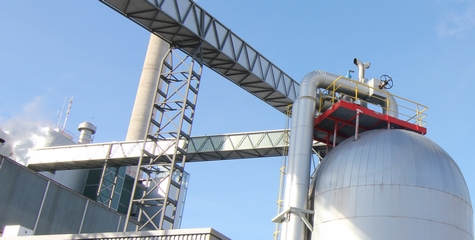WI-WE Progress
| Progress: 90.00% WWI-WE Version: 3 | |
| 0 | mandatory questions pending |
| 26 | questions total |
| 24 | questions answered |
| 24 | questions completed |
| 2 | questions pending |
Mapping Wild Cards
Inspired by: FP7 » Invasion of privacy...you nano believe it!

Originally submitted by: Anthony Walker
List of all contributors by versions (mouse over)
Last changed by: Anthony Walker
WI-WE status:
.png)
